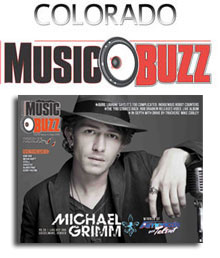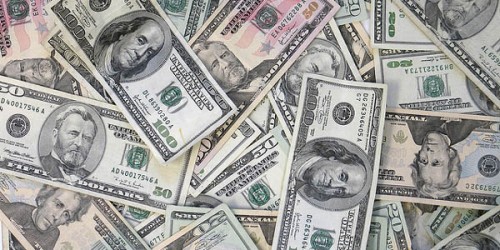Performance Royalties
by Chris Daniels
I’ve managed my own band since the 1980s, and despite the amazing change in technology, success in the music business is built around four tried and true elements: great music, really hard work and timing (often mistaken for luck). The other key element is getting the help you need to make that luck happen. These days that help is everywhere. The book I wrote for my UCD class on artist management is called “DIY: You’re Not in it Alone” and that is exactly what you need to understand.
According to Nielsen, so far this year, sale of CDs are down by a little over three percent from last year, and sales of digital albums and vinyl are both up almost 14%. What does that mean for independent artists? In short, the big revenue getter, CDs, are bringing in less money for artists and the ‘pennies’ from streaming and downloads are going up, but we are talking pennies, not dollars, for most indie artists.
So what is proving more and more important are the dollars we get from live performance. Many performers think that gig money and merch money are the only two revenue streams from playing live. But there are some other revenue streams from gigs you should consider.
This article deals with the importance of “performance rights society” (PRO) money for the writers of songs. So do you write songs? Are you a member of a PRO — (ASCAP, BMI, SESAC)? Am I speaking a foreign language when I write about this? If so, it is time to get educated on performing rights organizations. The short version is that, starting in 1914, ASCAP was founded to collect money from radio stations and venues when a songwriter’s music was “performed” in public; which means, when a radio station plays your track, or an Internet radio plays your track, or you play in a venue and play your song. BMI was founded in 1939, partly because ASCAP would not admit “race music” writers, but all that is water over the bridge now, and we have a third company called SESAC to add to the mix. It is way too complicated to explore all the history and developments in this short article, so I strongly suggest any songwriter Google “performing rights organizations” in the US and Canada to learn more.
What is really important for songwriters, is that BMI, ASCAP and SESAC have created a NEW way for you to register your songs and set lists with your performing rights organization. You can then get paid by your PRO when you play your songs at a gig. Sound confusing? If you understand the basics of PROs – and you belong to one – than you can receive payments from your PRO for the songs you wrote and performed at various venues – once you’ve registered your songs with your PRO.
Each PRO has slightly different ways of doing this. For ASCAP it is called the “Plus Awards” program and it is available to writers who received less than $25,000 in domestic performance royalties in the previous calendar year. “To be considered for an ASCAP Plus Award, each writer must submit an online application via ‘Member Access.’ The application must be submitted annually and reference achievements of the previous calendar year.” For more info on ASCAP go to: http://www.ascap.com/members/ascaplus.aspx
For SESAC songwriters, you register your “sets” via your publishing account on “SESAC Affiliate Services.” You log in and complete the live performance forms for any live gigs. “You’re able to create a set list (e.g. Spring Tour 2012) and copy / paste it into each venue. You’ll need each venue’s address, date of show, venue capacity, if there was a music charge and the list of songs to submit.” There is more information at the SESAC website: http://www.sesac.com/WritersPublishers/HowWePay/LivePerformances.aspx
I am a BMI writer, and registering was almost the exact same as SESAC. I log into my account with all my songs on BMI and then click onto the “BMI Live” section of the website. From there, it was simple to create set lists using my registered songs, then enter the date of the gig, venue (including it’s address and phone), whether they charged a cover for the show, and how many people the venue holds. You do not usually get paid for any “private” or “house concert” type gigs. BMI has the advantage of being accessible from iPhones, iPads and iPod Touch via the BMI Mobile app and Android users get BMI Live on the BMI Mobile website. For more information go to: http://www.bmi.com/special/bmi_live
I know what some of you are saying, “That sounds like a pain in the butt and a ton of computer work.” First, if you are already a songwriter who is a member of a PRO, it’s easy. Second, if you are ignorant of this valuable revenue stream, it’s really important to learn about PROs and then to get your songs signed up. One final note, I own my own publishing company. If you do, this makes the deal even sweeter because you get both the 50% writer royalty, and you also get the 50% publisher royalty. Not sure how to form a publishing company and register that company with the SAME performing rights organization as YOU are signed up to? Do a little research, and learn about forming your own publishing company. It’s not too hard at all and with a little work you can be collecting performance royalties. For more information, go to Song Trust to learn about PROs and having your performing rights organization collect the royalties you are due. http://blog.songtrust.com/how-to-2/collect-live-performance-royalties/
Category: The Post






